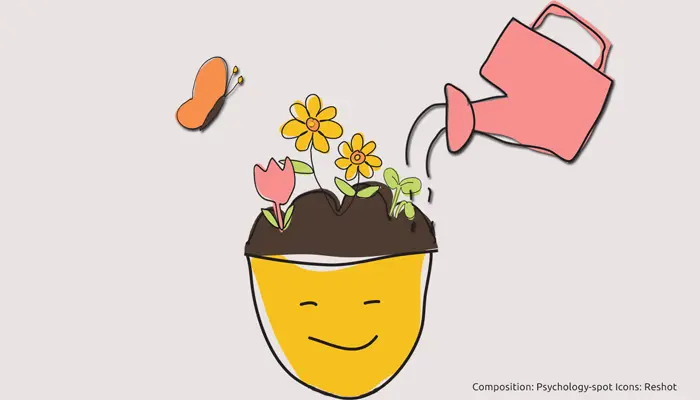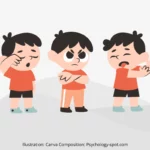
While walking along a street outside Arizona City, Vivian Gornick experienced “An unusual event that made her scene fall apart”, in her own words. At the age of 60, the prominent journalist and writer made a puzzling discovery: she realized that she had never “committed herself without limits to life.”
She tells in her book “The odd woman and the city” that she had great goals and wanted to change many things about herself, but it was easier for her to daydream, “Wishing things were different to be different herself”, than to commit to change getting down to work.
Deep down, it was her fears that held her back. Those atavistic fears that we all carry and that, although we do not always recognize, become a limit that prevents us from being the person we could and would like to be.
Gornik determined to take the task seriously. And she understood that to live fully she needed “To love life more than she loved her fears.”
Attachment to fear
As absurd as it may sound, we don’t just stick to the things and relationships that make us feel good. We can also become attached to situations that harm us because they contribute to maintaining a balance that, although it may be precarious or even unsatisfactory, is the only one we know of and provides us with a certain security.
Fears help us stay in our comfort zone. They are a kind of guardians. They warn us that if we do not pay attention to them, we will go at our own risk. In fact, many times the scenarios that unfold these fears before our eyes are so terrible, that they end up convincing us that we are better under their wing.
So we cling to those fears like they were a lifesaver. Perhaps we realize that these fears do not allow us to move forward, but we also realize – at least unconsciously – that we will not have to take too much risk either. Thus we maintain a mediocre balance for much of our lives.
Our fears, which at first have only a protective function, become guilt and excuses, a barrier and shield with which we keep ourselves “safe from life”, even if staying safe implies not living fully.
The most paralyzing fear
When it comes to reaching our best version, there is a highly paralyzing fear: the fear of not to be good enough. It is not about the fear of failure, but the fear of trying, but staying one foot from the goal. Having done well, but not enough. To have made an effort realizing that we could not reach the desired goal.
What scares us is not the “failure” itself, but what that failed attempt says about us, the blow to our ego. To prevent that fear from materializing, many times we prefer to avoid risk, to stay in our comfort zone, where we do not grow, but at least we feel safe.
We choose not to compromise. We do the necessary things, the essential things, but we do not give ourselves completely to the achievement of the goal. That way, if the worst omens come true, we will have an excuse to protect our aching ego.
Letting go to be the best version of yourself
The only way to reach our best version and live more fully is to overcome our fears. It does not mean getting rid of them completely but moving forward in spite of them.
We must be aware that many of our deepest and most paralyzing fears have been formed in our first years of life. At that time, they had a protective function because we were vulnerable, but now they probably have no reason for being.
Other fears that shape our world may not even come from our direct experiences, but have been inherited from our parents or other figures of authority. Our parents can transmit us not only the fear of flying or closed spaces but also much more limiting fears such as the fear of failure, not being up to par or social rejection.
Overcoming those fears is a conscious decision that involves betting on ourselves and committing ourselves to our personal growth, to give us the opportunity to get to where we can go and be all that we can be. So we can “Return to that place in the spirit where it is acceptable to make the effort”, as Gornick said.



